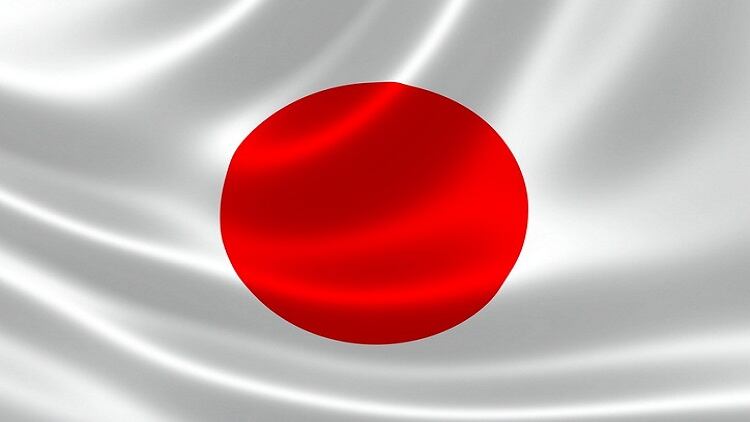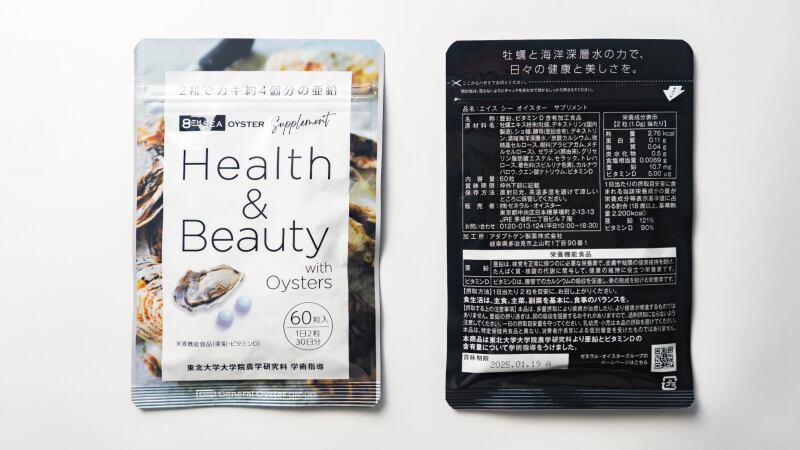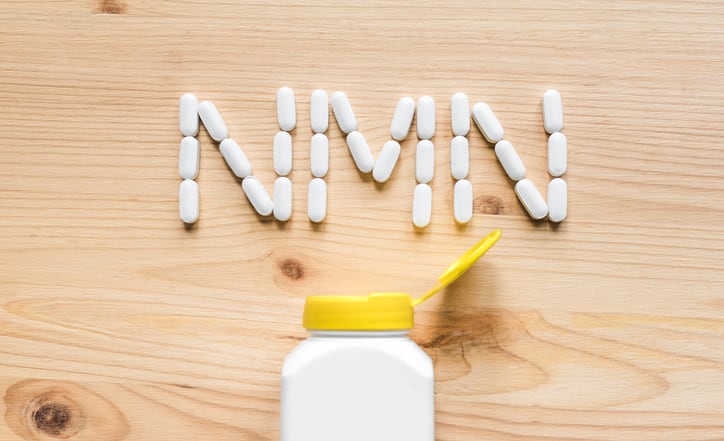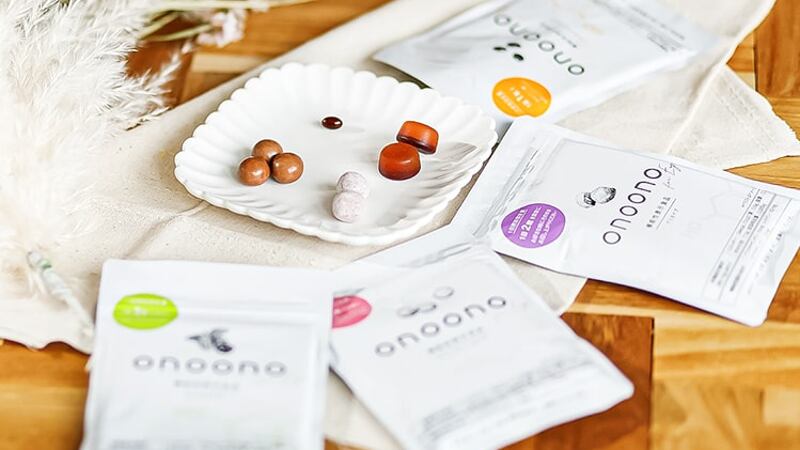A balancing act: Yakult on achieving the right taste for new reduced sugar product and gut-brain axis research
Yakult’s latest launch in Singapore is a reformulation of the firm’s flagship Yakult Original. The head office in Japan worked on the new formulation for about a year.
Singapore implemented the Nutri-Grade labelling measures since December 30 last year. Under the framework, products that fall under Nutri-Grade D, or containing more than 10 grams of sugar per 100ml, could not be advertised across all media platforms, except at point-of-sale platforms.
Yakult Gold, which qualifies as a Nutri-Grade B product, contains 6.5 grams of total sugar per 100 ml serving – about 2.5 times lesser in sugar than Yakult Original.
Postbiotic promise: Consensus among industry players needed before policymakers and consumers can help fulfil potential – experts
The opportunities in postbiotic development and application are abundant, yet challenges including regulatory policies, consumer awareness and even the definition of postbiotics need to be overcome before the sector can truly realise its full potential.
In the recent Spotlight On… Postbiotics opportunities in Asia: Fulfilling potential for future food and supplement innovation interactive broadcast, hosted by NutraIngredients-Asia in association with Kyowa Hakko Bio, several industry experts weighed in on the factors that are driving and impacting the postbiotics sector.
Low dose, high impact: Daily iron intake improves fatigue and stress among athletes – Taiyo study
A new RCT proposes that routine, low-dose iron supplementation helps reduce the burden of exercise and improve the mood and fatigue among non-anaemic athletes.
Between the placebo and iron intake group, the latter saw a significant reduction in feelings of exhaustion after exercise and degree of sweat for both male and female athletes, after two and four weeks of consuming a low dose (3.6 mg/day) of iron.
This was not only reflected in the self-reported assessments of the athletes, but also in their biomarkers.
NMN and arterial stiffness: Individuals with above-average BMI or blood glucose could benefit – Japan DHC Corp study
Individuals who have above-average body mass index or blood glucose levels have seen a reduction in arterial stiffness following 12 weeks of nicotinamide mononucleotide (NMN) supplementation.
The 12-week trial involved 36 healthy men and women aged 40 to 59, who were randomised to take either one capsule of 125mg NMN or placebo twice per day. Both NMN and placebo capsules were provided by DHC Corporation Laboratories, which funded the study.
Eyes open: Japan consumers are leaning towards functional foods over oral supplements – pharma giant
Japanese firm Senju Pharmaceutical says consumers are increasingly opting for functional foods over supplements.
In February, the pioneer of ophthalmic drugs launched its first range of Food with Function Claims (FFCs) for eye health marketed under the series ‘onoono for eye’. The products come in different formats, including chocolate, candy, and gummy formats.





